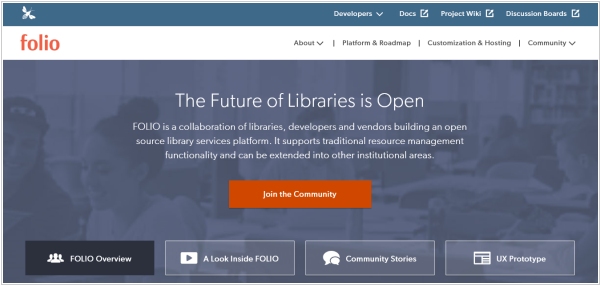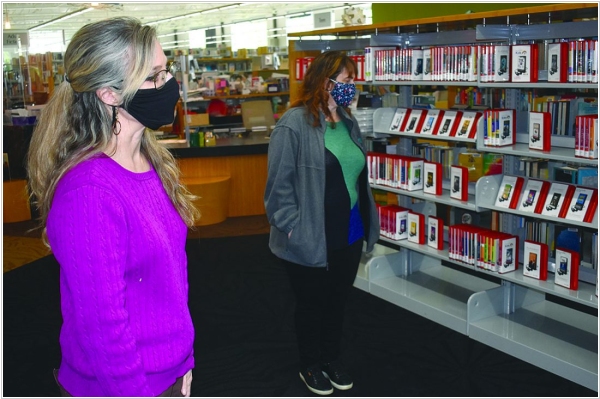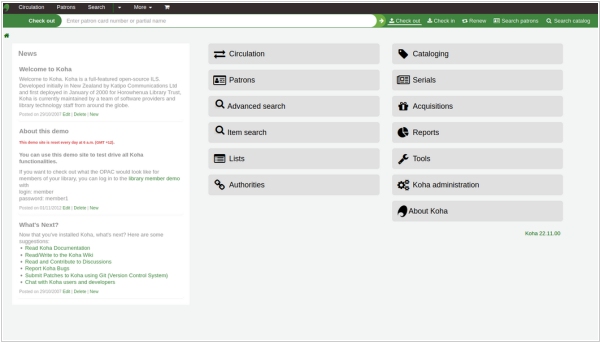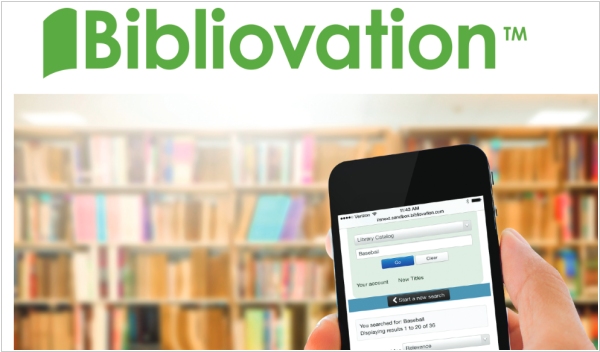Top 10: Public Library software
July 30, 2023 | Author: Maria Lin
Public Library software is a powerful and comprehensive platform designed to cater to the diverse needs of modern libraries serving their communities. This software facilitates the efficient management of resources, memberships, and various library services, enhancing the overall user experience for patrons. Through its intuitive cataloging and search functionalities, users can easily explore an extensive collection of books, multimedia, and digital materials, fostering a culture of reading and learning. Public Library software offers seamless circulation processes, enabling smooth checkouts, renewals, and returns, while also automating overdue notifications and fine management. Robust reporting and analytics capabilities empower library administrators to gain valuable insights into resource utilization, popular genres, and community preferences, enabling data-driven decision-making to optimize the library's offerings. Moreover, the integration of online services, event management, and virtual programs enriches the library's engagement with the community, making it a hub for knowledge, culture, and social interaction.
Some of the most popular Public Library software options are listed below.
See also: Top 10 Library Management Software
Some of the most popular Public Library software options are listed below.
See also: Top 10 Library Management Software
2023. Top 4 Software for Church Libraries

Church libraries play a vital role in providing spiritual resources, educational materials, and a quiet space for congregation members to deepen their faith and expand their knowledge. As technology continues to advance, managing a church library efficiently can be made easier and more accessible through the use of specialized software. In this article, we will explore the top three software solutions that can enhance the management and accessibility of church libraries. ***
2022. FOLIO 14 brings electronic resource management

The FOLIO Open Source Community has released the new version of its Library Management system FOLIO 14, which brings additional features and functionality to the library services platform (LSP). This release introduces updates to various existing applications and features, including acquisitions, bulk-edit, electronic resource management (ERM), and more. This release aims to enhance the user experience for librarians within the FOLIO platform by introducing improvements such as better user interfaces for cataloging, data import, and circulation through the calendar app. Acquisitions enhancements include the ability to preview fiscal year rollover, generate new invoices from order records, manage GOBI integration through a dedicated user interface, and download/resend EDIFACT order export files using the Export manager app. The ERM features improvements in managing and sharing dashboards, enhanced keyword searching for agreements, advanced search and filtering options for agreement lines, display of alternate titles, and the ability to export package and title details via the eholdings app. Furthermore, bulk-edit capabilities have been expanded to allow bulk editing of user records, FOLIO holdings locations, and item loan types within the platform.
2021. Federal Government Library selects Bibliovation

A federal government library based in Massachusetts has chosen Bibliovation as its new Library Services Platform (LSP). The library has initiated the implementation process and aims to have Bibliovation fully operational by the end of October. Bibliovation offers the necessary technical capabilities to meet the library's workflow requirements, and the cost proposal from LibLime aligns with the library's budget constraints. LibLime will collaborate closely with the library staff to provide implementation and support services, ensuring the October go-live target is achieved. The Bibliovation LSP is entirely web-based, enabling researchers, library staff, and system administrators to access the system through web browsers. By leveraging the FedRAMP authorized IaaS and PaaS certification provided by the Amazon AWS Cloud, Bibliovation offers libraries a secure and cost-effective hosting solution.
2021. Koha improves Accounting and Transfers moduls

Koha, has released a major update that will be useful for small business and public libraries. The focus of this update was on refactoring the accounting code, with particular attention given to enhancing the 'Point of Sale' and 'Cash Management' features. These enhancements aim to improve the user interface by providing better access to cash-up functionality and facilitating auditing processes. Furthermore, efforts have been made to ensure that all actions related to account lines follow proper double-entry accounting methods, thereby establishing links between income and debts. A significant amount of work has been dedicated to refactoring the transfers system, resulting in improved maintainability and setting the stage for future enhancements. Notably, transfers can now be queued, and a priority system has been implemented for different mechanisms that trigger a transfer. Moreover, an audit trail has been implemented to enable easier debugging in the future. This has proven instrumental in resolving several long-standing bugs and addressing edge cases in the transfers process.
2014. Bibliovation adds new Discovery Layer

LibLime introduces the official launch of Bibliovation 5.6. It revolves around a novel Discovery Layer within the application. It is constructed using a RESTful API, enhancing local customization and enabling seamless integration with crucial third-party products and resources utilized in today's academic libraries. The release also includes noteworthy additions such as the ability to merge authority records, an OPAC editor, and support for mobile devices. Similar to earlier versions, the entire Bibliovation application operates within the Plack environment, resulting in improved performance. Additionally, Bibliovation utilizes the Solr search engine, a widely popular open-source enterprise search platform derived from the Apache Lucene project. Solr boasts exceptional scalability, facilitating distributed search and index replication. This technology empowers the search and navigation functionalities of numerous prominent internet sites across the globe.

